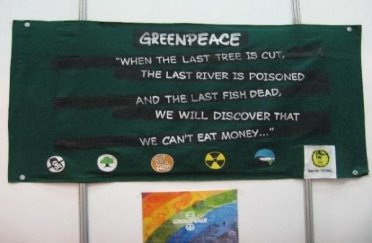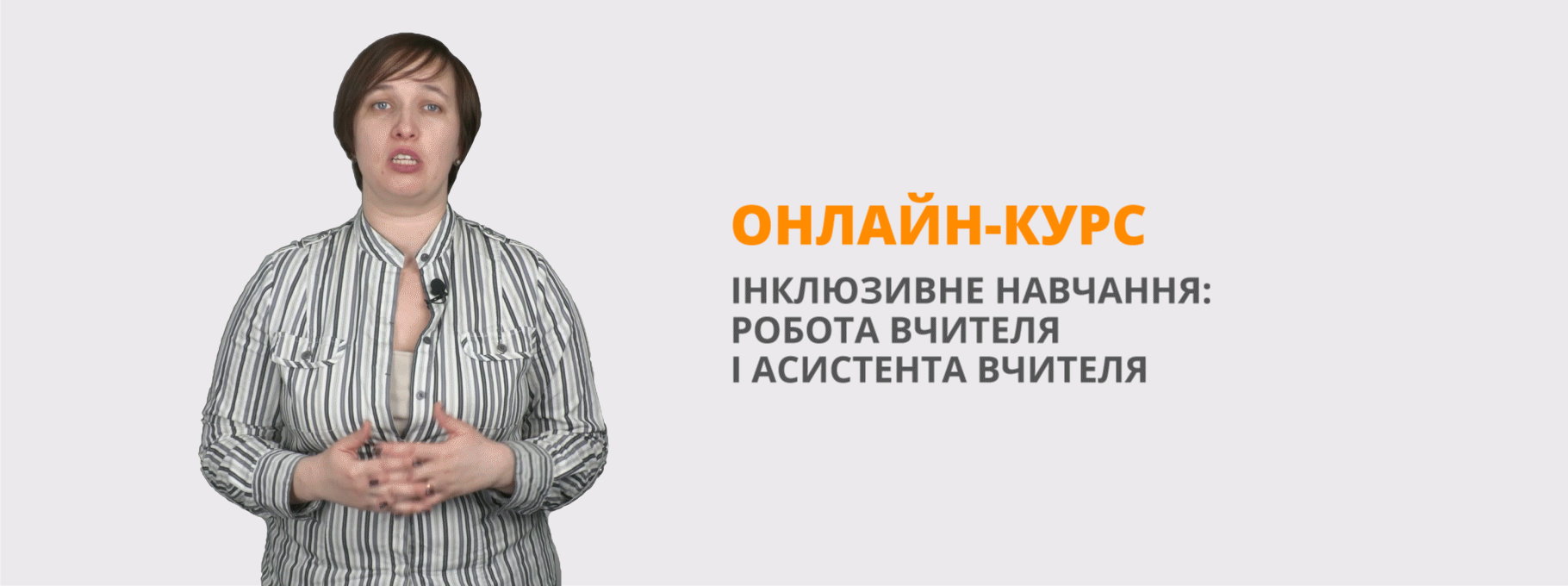урок Environmental Protection"
Урок з теми "Environmental Potection". Мета уроку - допомогти учням зрозуміти важливість захисту довкілля, ознайомити з організаціями по захисту довкілля, вдосконалити навички говоріння, аудіювання та презентаційні навички.
Урок містить інформацію про проблеми довкілля, причини їх виникнення та шляхи вирішення; огляд відео про організацію "Greenpeace"; створення мініпроектів (вибір проблеми, створення слогана, шляхи вирішення проблемита намалювати постер).
Додаток11
Form 9
Topical area “Environmental Protection”
Textbook: Alla Nesvit, WE Learn English, form 9
The subject of the Lesson: Environmental Protection
The objectives of the lesson:
- to sum up the vocabulary on the topic “Environment”;
- to practice using Passive Voice;
- to practice listening skills;
- to help students understand the importance of environment protection;
- to develop communicative skills and stimulate creative thinking through the project work.
Equipment: multimedia system, quotations “If the planet is on danger, so we are.”, “Save our planet: Is there a hope?” students projects, handouts,
Internet resource: www.youtube.com.
Greenpeace Human Life Commercial
Don’t Give up
Global Warming ad: the tree

At the end of the lessons students will be able to:
- know more about environmental organizations;
- reinforce vocabulary related to the topic;
- develop global listening skills;
- speak English using prepared and unprepared speech;
- improve presentation skills;
Procedure:
- Introduction. Greeting.
Teacher: Today we go on talking about ecology, and our environment. We are going to learn more about international organizations that take care of our planet’s health.
- Warming-up.
(the word “ECOLOGY” is written on the blackboard)
T: Who can give the best definition of ecology?
(Students give their answers. The best one is written on the blackboard)
T: Ecological problems nowadays worry everyone. We’re heard about pollution, water and air pollution. But some problems are very complicated, they are called global. Let’s see if you can guess what they are.
(Students make guesses and the problems are shown on the blackboard)





T: Now, let’s decide what these problems are caused by (cars, industry, airplanes, weapons, house-holds, etc.)
(Students make up sentences with Passive Voice structures)
(Problem) is caused by __________.
- Main part
- Pair work.
Students work with their partners. They’re given cards they have to match with one of the problems and make sentences.
- Ice melting / fresh water / supplies.
- Nuclear power stations / weapons / testing / wrong use.
- Damage / toxic wastes / air and water / trees and plants.
- Clean air / to breathe / stay in atmosphere / exhaust fumes.
- Skin cancer / ultra violet rays / no protection.
Students read their sentences.
- Listening.
T: We are going to watch short videos by Greenpeace. Try to write down the slogans used while you watch.
(Students watch the videos and then discuss what they’ve seen).
T: What did you understand? What impressed you in these videos? How did you feel after watching them?
Sds’ answers:

3. Group work. Mini project.
Now you are going to work in groups. Imagine that you belong to Greenpeace. Each group is going to prepare a campaign on some ecological problem.
Here is your plan:
- Choose a problem
- Make a slogan for your campaign.
- Suggest a realistic and practical solution to the problem.
(What could be done? What people should do?)
- Draw a poster or an emblem of your campaign
- Presentation of the project.
T: Now each group is going to present their campaign.
Group 1…
Group 2…
Group 3…
After each presentation students of other groups answer the following questions:
What was the slogan of the campaign?
What problem was chosen?
What solution do they suggest? How realistic is it?
Finally students vote for the best slogan and decide which campaign they would like to join, give their reasons.
IV. Evaluation. Summing Up:
T: All our presentations were great. Thank you. Today we’ve understood we can make difference.
I hope after this lesson you’ll try to be friendly to the environment.
- Home assignment.
Text book: p. 114, Ex 2. Read about WWF (World Wildlife Fund) and answer the questions.


про публікацію авторської розробки
Додати розробку
